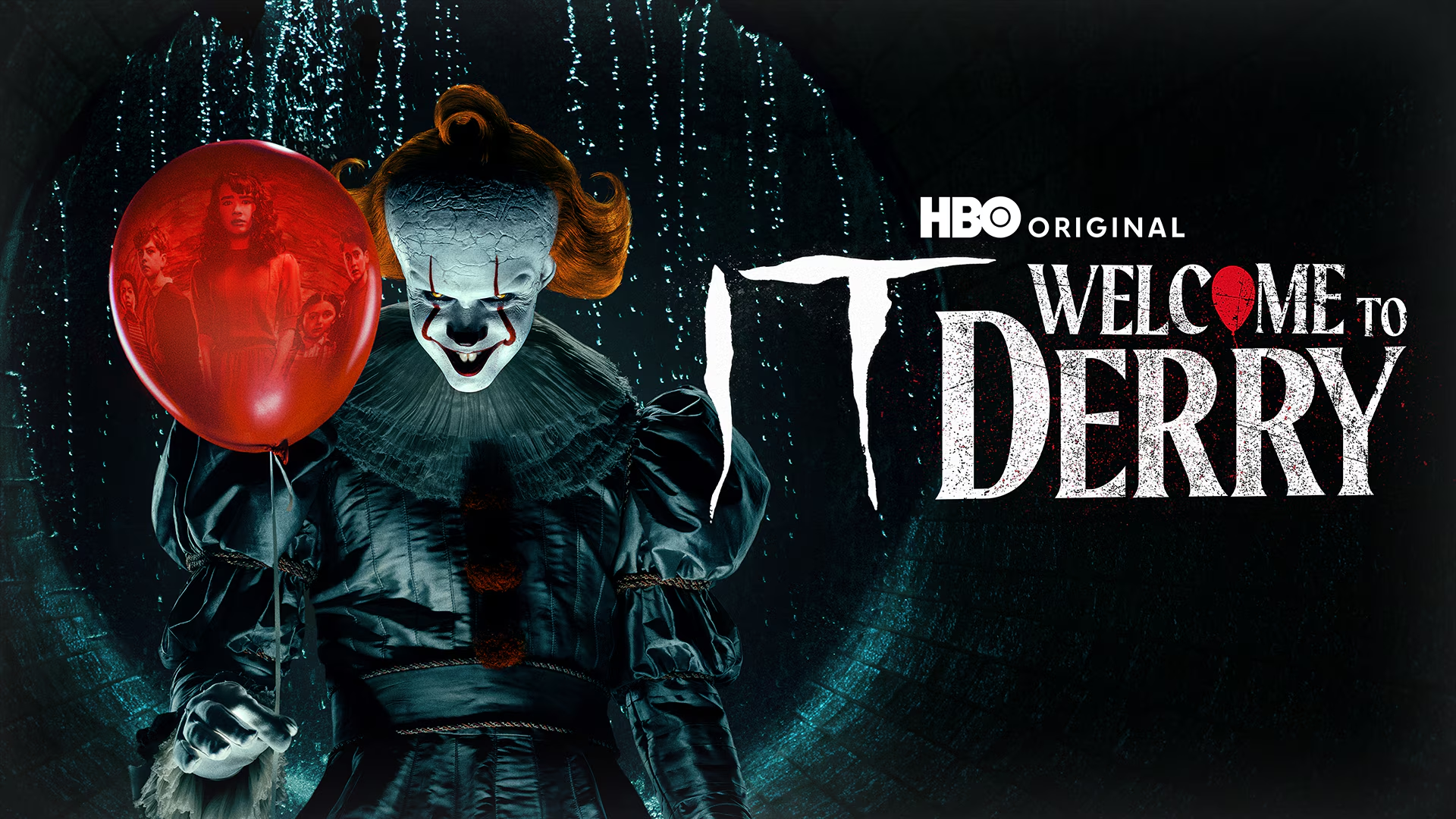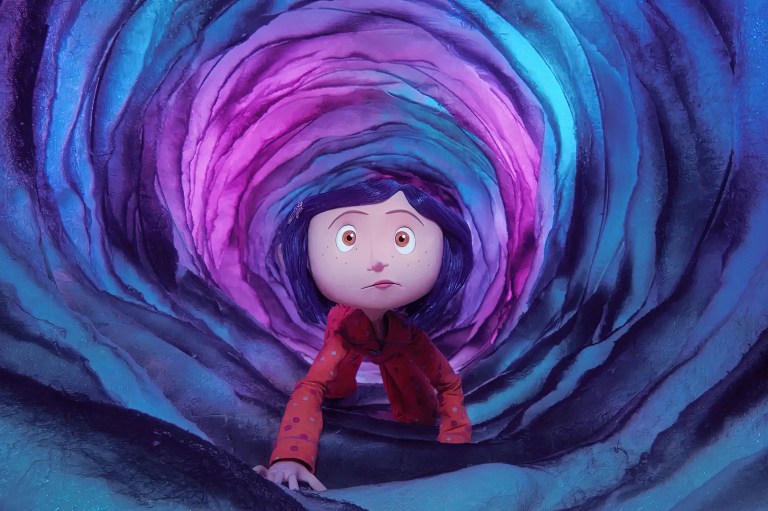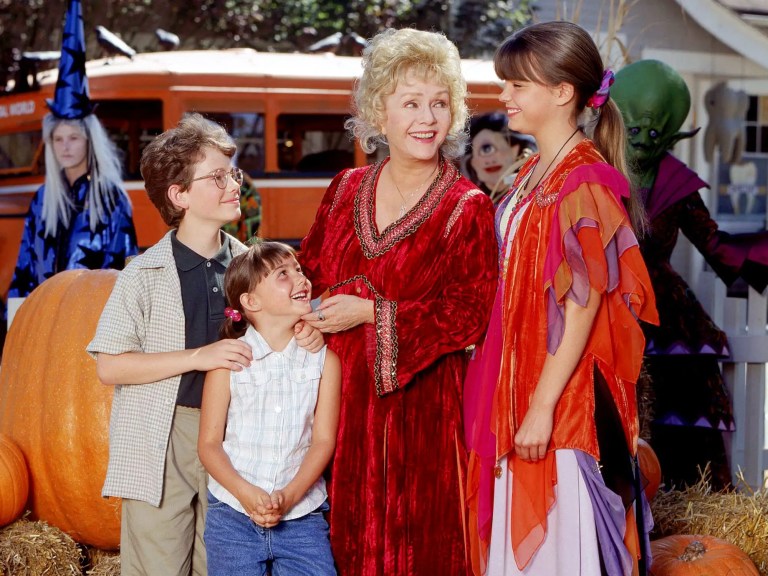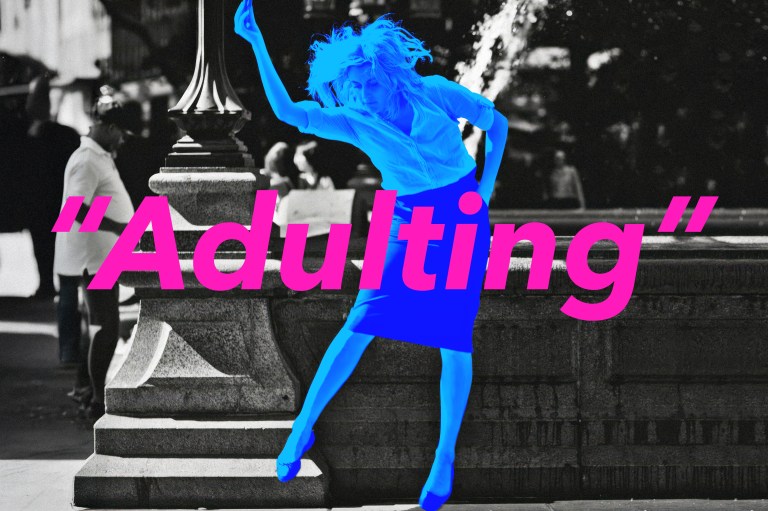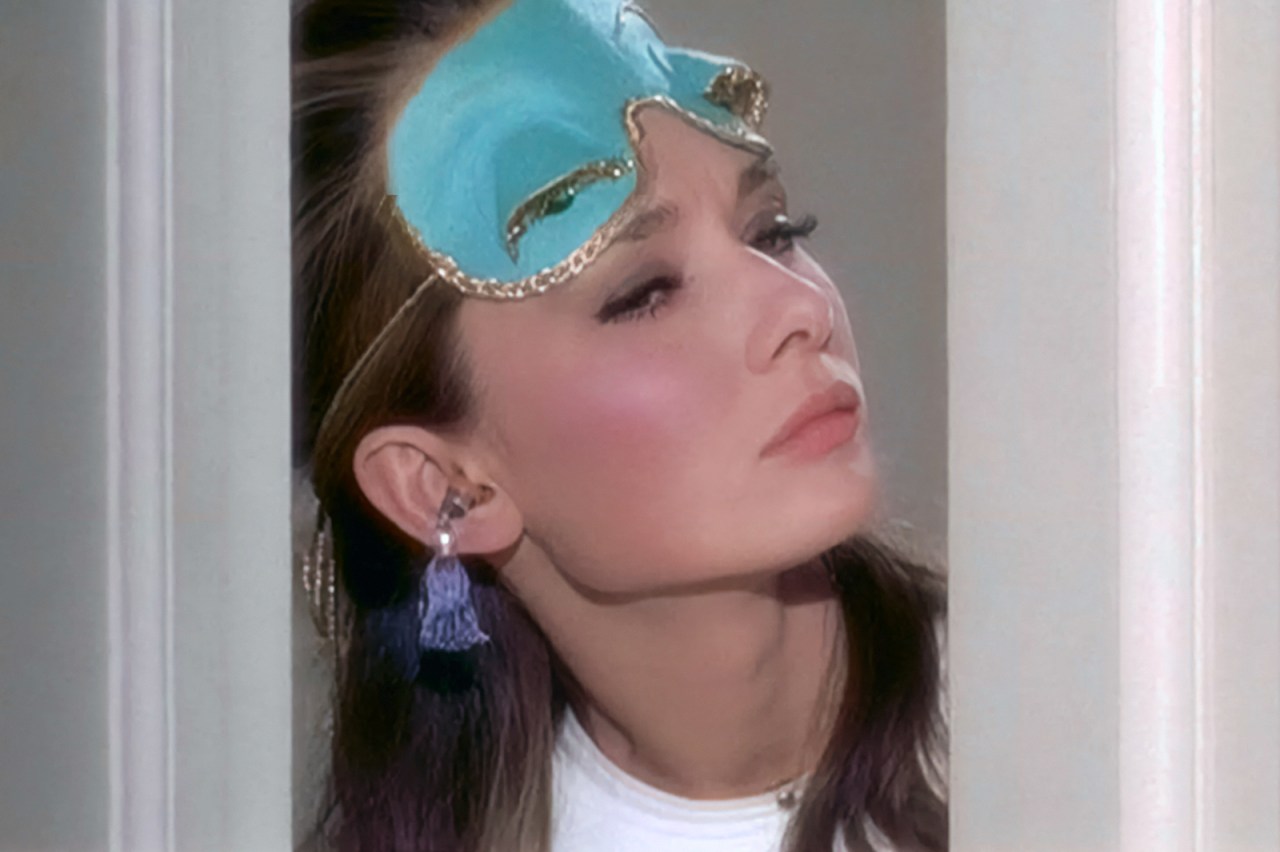
I Don’t Dream Of Stardom, But I Miss When Movies Made Me Want To
The first time I watched Breakfast at Tiffany’s, I was too young to understand what a socialite was.
And the reason for the loneliness beneath Holly Golightly’s eyes went right over my head. But it didn’t matter. The movie, starring Audrey Hepburn, was filled with a kind of beauty that makes you sit straighter, and the kind of elegance that feels like it belongs to another universe entirely.
That same feeling followed me when I discovered All About Eve with Bette Davis’ voice dripping with irony and intelligence. Or when Gene Kelly leapt into puddles in Singin’ in the Rain and turned something as ordinary as bad weather into something unforgettable. These movies were more than stories. They were portals into worlds that didn’t need to apologize for their grandeur.
The Illusion of Stardom: Then vs Now
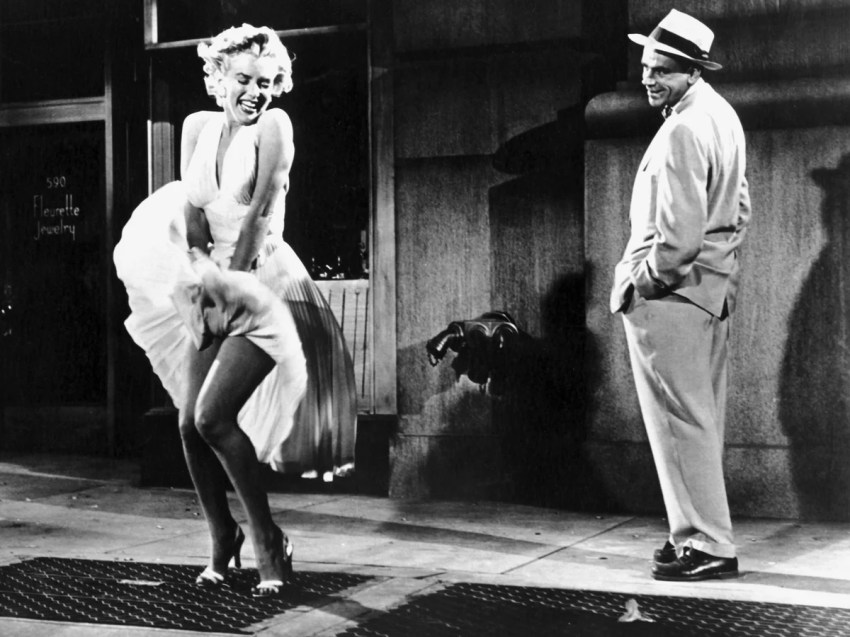
Old Hollywood didn’t just produce films, it created a magical mythology where stars were sculpted, both on and off the screen. Movie lighting wasn’t just a technical thing either. Instead, it seemed to create a kind of ethereal glow for actors like Cary Grant and Marilyn Monroe. And they ultimately became polished embodiments of desire, wit, vulnerability, and power. That distance, that inaccessibility, was the point. Stardom wasn’t meant to feel familiar. It was meant to feel unreachable, like a constellation you could see but never touch.
Now, the machinery is exposed. We see stars mid-rehearsal on TikTok. We know what they order from Starbucks, how they decorate their homes, and what they look like in sweatpants on the school run. Paparazzi cracked the myth years ago, and social media drove the final nail. Fame today is less about aura and more about availability. You’re not mysterious, you’re relatable, or even worse – a brand. It’s not that today’s stars are less talented. But when everything is revealed, nothing feels transcendent.
Why That Glamour Mattered
People sometimes dismiss Old Hollywood glamour as shallow, as if sequins and cigarette holders were nothing but fluff. But these unrealistic little touches served a purpose to people who were searching for something more than the tedium of everyday life. When Bette Davis delivered a line so sharp it could draw blood, it gave people a template for power not seen anywhere else. When Audrey Hepburn walked down the street with her hair swept back, it made people believe in reinvention.
Because glamour wasn’t just about beauty. It was about creating an escape hatch that said there is still room for magic, even when life feels boringly practical. It also gave us permission to believe in love that felt like fireworks, ambition that felt like destiny, and friendships that could outlast betrayals. But these days, cynicism has replaced wonder. That’s the simplest way I can put it.
What We’ve Lost in the Shift
Now, we approach films with the same exhaustion we bring to everything else. What’s the budget? What’s the franchise? What’s the Rotten Tomatoes score? Movies are marketed as content drops with follow-ups often planned well before the first ticket is sold. And the stars? They no longer feel untouchable. They’re influencers with larger budgets, carefully curating their feeds, playing the algorithm like the rest of us.
They sell skincare lines, jump into brand collaborations, and sign major book deals. And sure, celebrities need to earn a living just like the rest of us. But that accessibility is the reason stardom has collapsed. And while that might make entertainers feel more human, it also makes them less awe-inspiring. We don’t gather in dark cinemas to be swept away anymore. We gather to be distracted. There’s a difference, and you can feel it.
What It Says About Us
The loss of cinematic wonder of the old days says something about the way we live. We are tired. Our days are saturated with work, with news alerts, with endless scrolling that leaves us overstimulated but undernourished. We’ve seen too much, learned too much, survived too much. It’s not just that movies have changed, it’s that we have. We’ve been taught to question the machinery behind every dream, to peek behind the curtain before the performance even begins.
The magic trick no longer works once you know how it’s done. And maybe that’s why we don’t dream as expansively anymore. Economic precarity teaches us to be practical, to keep our ambitions contained. Burnout teaches us to stop reaching for things that feel unattainable. It’s safer to want little than to risk disappointment in wanting more. But at what cost? I don’t want to be Audrey Hepburn. I don’t want the scrutiny that comes with being adored by the world.
But sometimes I want to feel like the world is still capable of producing Audrey Hepburn moments, where reality feels shinier and a little cinematic. I dream of the way movies once made me believe in beauty, love, mystery, and possibility. The way the silver screen once convinced me, if only for two hours, that the world was worth dreaming about. But sadly, the curtain has been pulled back, and what we find isn’t the magical world of Oz, but content.
